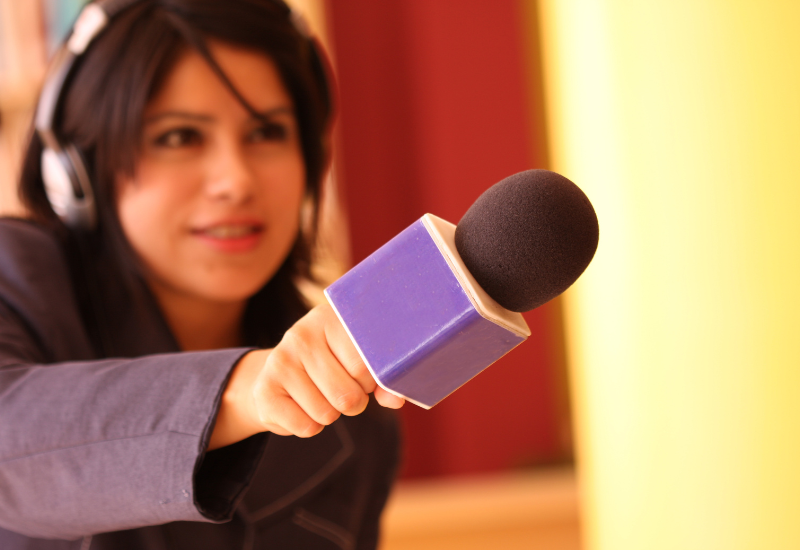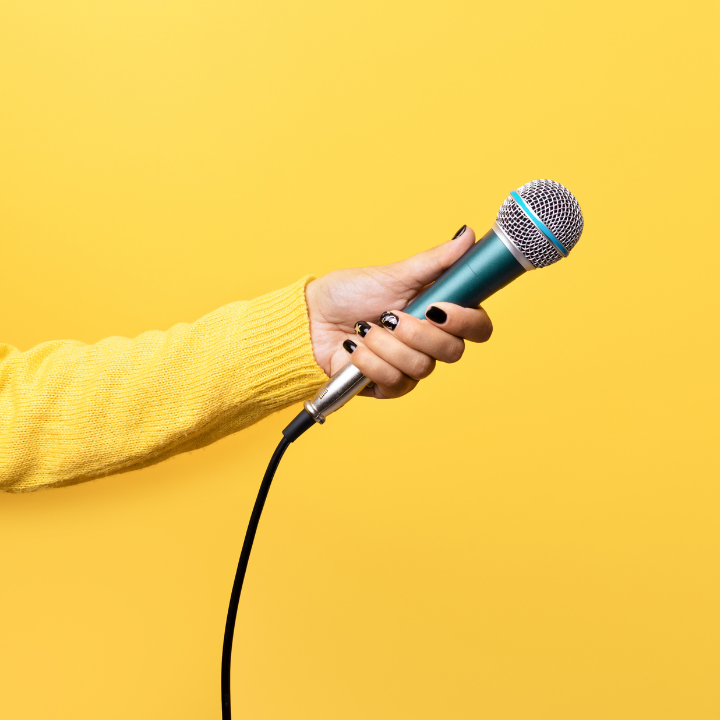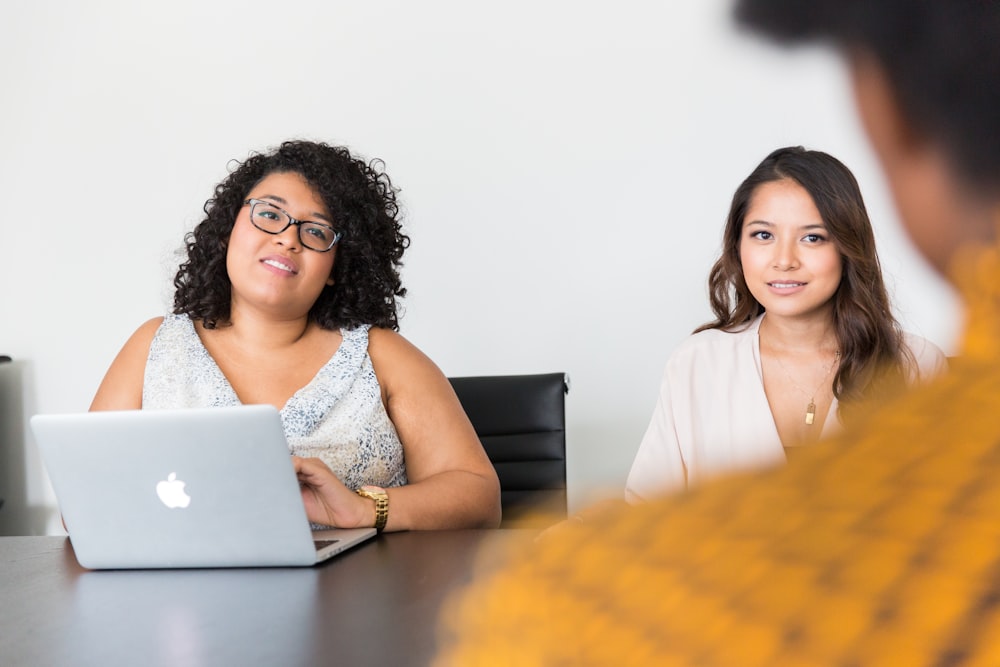Journalists may make their job look easy, but that comfort and confidence is only gained through hard work, research and preparation.
As the interviewee, you may assume you can step into the interview without a similar degree of preparation because your expertise alone will carry you through – but this is not the case!
Certainly, you can be confident your knowledge on the subject may be greater than the interviewer’s. However, that does not mean that in the frenzied, zig-zag course of an intense interview you can be sure of making an impact. This is your chance to create an impression and add something new and memorable to the subject, but only with considered planning and preparation.
Read on for our 10 ways you should prepare before every media interview, or you may like to listen to Episode 2, Season 2 of our Revitalise & Grow podcast for a more in-depth discussion.
- Your three key messages
Your first aim in any interview should be to communicate your key messages as clearly as possible. They will also come to your aid if you don’t know what to say. Three key messages is the right amount for you and your audience to remember. - Important statistics or research
These lend authority to your answers. If you can, favour studies undertaken by independent bodies. - Examples or anecdotes
Examples help to bring the subject matter alive, adding light and shade to technically-based replies. - Simple explanations
If you are expecting complicated questions to arise, prepare tight, concise explanations. - Bridging phrases
Bridging is a useful skill to transition you to a new point or topic. You should always avoid saying “no comment” instead, “bridge” to something you can say, e.g. “What I can tell you is this…” or “Our commitment is to…” - Human stories
Real stories about real people are always more effective than anonymous overviews, and journalists love the human angle! If you can offer up a human story, your interview will be more memorable for all the right reasons. - Limits
Always decide on the point beyond which you do not wish to go in an interview. Be clear about how much you are prepared to reveal on an issue and draw the line when you need to in a firm but friendly way. - Something new
This is what the journalist wants so that they have a story. Make sure you decide what it is, and not the journalist. - Soundbites
A good soundbite can be extremely powerful. It is always worth preparing one or two in advance (usually based on your key messages). - Your overall viewpoint
Decide on your viewpoint and stick to it. Wandering from your position will weaken everything you say.

For more tips on managing the media, you may also like this blog – ADPR’s step-by-step guide to media interviews. Or to find out more on how to make thought leadership work for you, take a look at this blog or listen to Season 3, Episode 3 of the Revitalise & Grow podcast.


